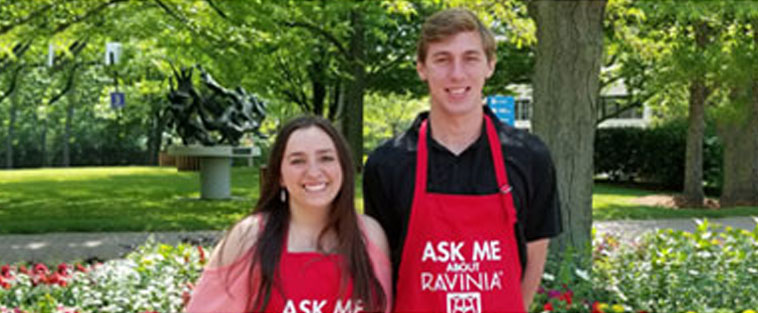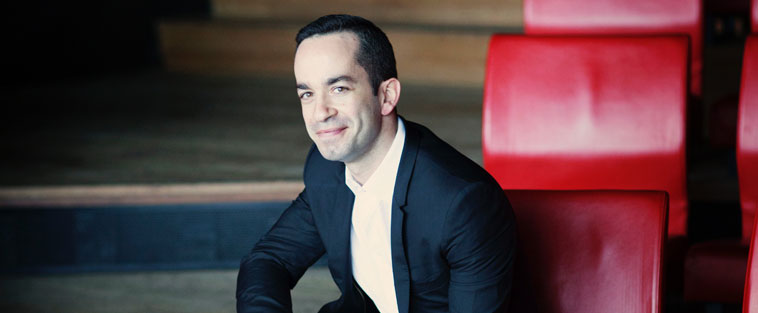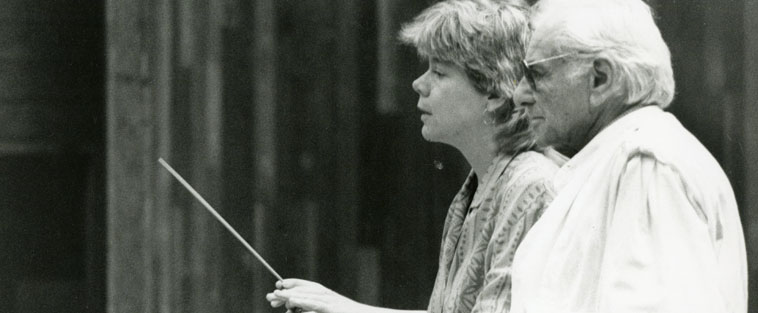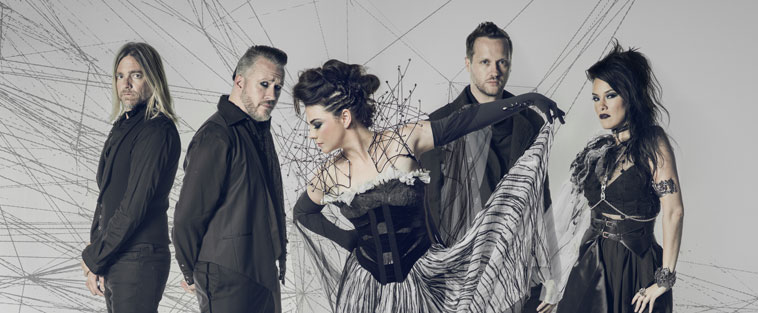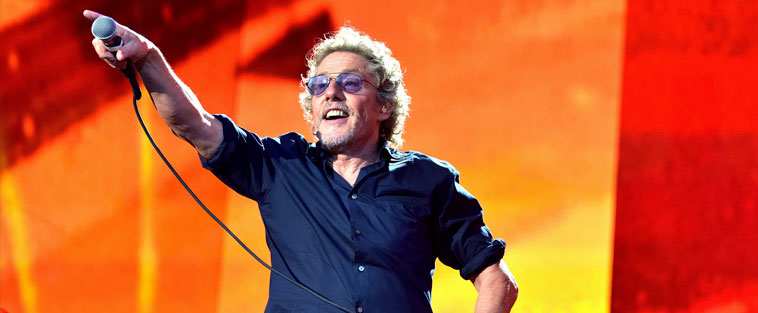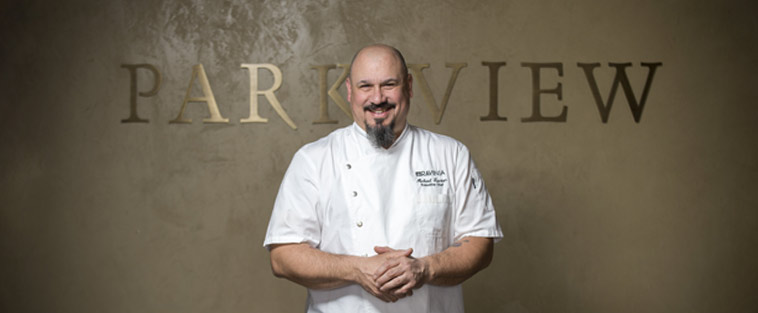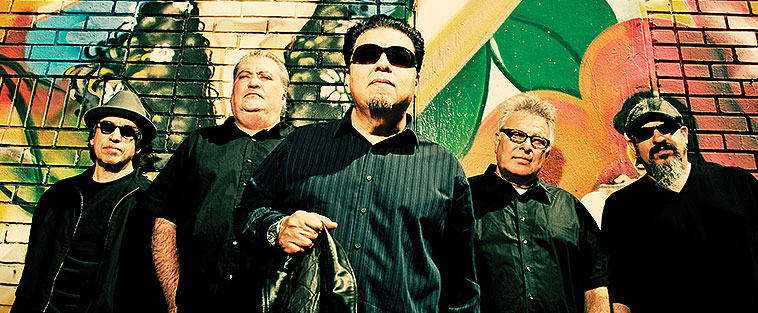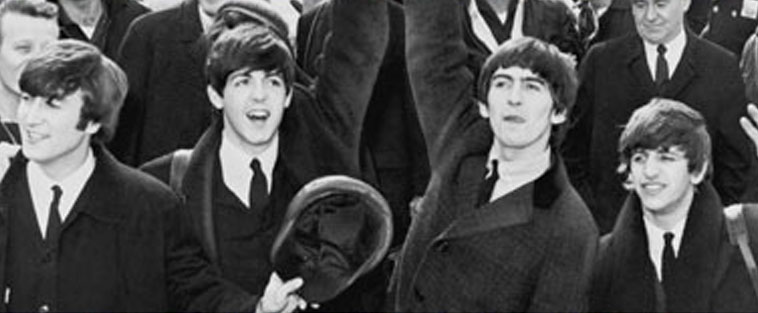
As a touring band, The Beatles visited Chicago three times in the 1960s to play at two South Side venues that no longer exist: the International Amphitheatre (1964 and 1966) and Comiskey Park (1965). But in a way, the Fab Four have been in the Chicago area for decades. That’s because John Lennon and Paul McCartney’s personal handiwork is residing at Northwestern University’s music library in Evanston. The library refers to the collection as the Beatles Manuscripts—they comprise handwritten lyric sheets for seven songs The Beatles released in 1965 and 1966.
Specifically, the library holds the original lyric sheets for six songs from the 1966 album Revolver: “Eleanor Rigby,” “I’m Only Sleeping,” “Yellow Submarine,” “Good Day Sunshine,” “And Your Bird Can Sing,” and “For No One,” as well as the lyrics for “The Word” from 1965’s Rubber Soul. Go behind the glass with Chicago Tonight for a rare look at the historic manuscripts, and experience the music of The Beatles’ groundbreaking Sgt. Pepper’s Lonely Hearts Club Band live when it is performed note for note, cut for cut by Classic Albums Live on July 7.


